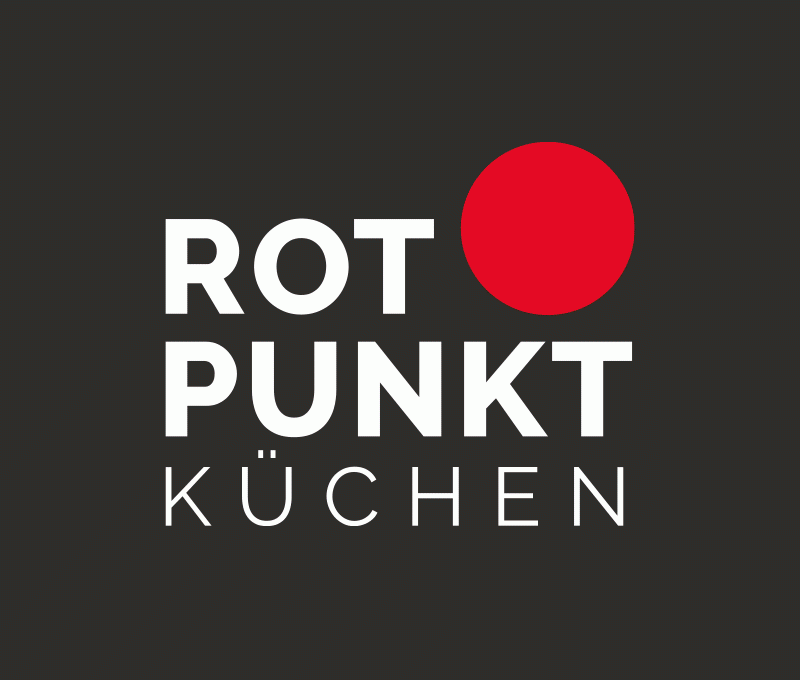4 simple steps to increasing your website’s SEO ranking

4 simple steps to increasing your website’s SEO ranking
Chris Pepper, director of building and interiors marketing specialist Time54, explains why and how you should focus on generating more traffic to your website, with a view to turning it into leads and converting them into sales.
According to Search Engine Journal, SEO leads have a 14.6% conversion rate – an impressive statistic compared with outbound leads (direct mail or print advertising) which only have a 1.7% conversion rate. Buyer behaviour has changed. There was a time where print advertising was the medium, and designers and homeowners would see an advert, realise the value in the product or service on offer, and take action.
But fewer industry professionals get the chance to read magazines now, and the way in which we source information has changed exponentially, thanks to the popularity of search engines and in particular, Google.
Yes, there are other search engines such as Bing, Yahoo, and Ask, but as of 2019, Google accounts for over 76% of the search engine traffic according to Net Market Share. With this in mind, we would recommend any SEO strategy to focus on Google’s best practices. But how do you optimise your website to increase your Google ranking?
1) Be genuine
Gone are the days where you cram keywords (both relevant and irrelevant) onto a webpage in the hope of tricking search engines. Google’s algorithm is increasingly refined and can pick up if you use keywords more than you normally would in a regular conversation.
So make sure you are writing your page content in a genuine way and don’t try to force keywords in. Align this with your content strategy, which should in turn be aligned with your business goals. Do you want to grow a particular product range? Target a new sector? Or just promote growth across the business?
Once you have this in mind, create a 6-month content schedule to help you achieve it. So if you want to grow a particular product range, write a series of technical articles and thought leadership topics around the solution your product brings.
2) It’s a long-term project
SEO should be considered a long-term investment. It won’t bring in instant leads (unless you’re either very lucky or have an incredibly niche product or service). Be prepared and plan your SEO strategy over a 12-month period.
The higher your website ranks in Google for your desired keywords, not only will it bring in more traffic, but you will gain the trust quicker in prospective customers. The psychology of being near to the top of Google search results means the user will perceive your website to be the best solution for their needs.
3) Optimise your website
So what does your website need to rank higher in Google results? Here are a few factors to implement:
* Make sure it performs well and is fast on both desktop and mobile devices. Use tools such as Google PageSpeed Insights to get a good benchmark
* Have clear calls-to-action on every page, so users can easily contact you or request further information
* Make sure your contact details are displayed clearly on your site
* Ensure your page titles and meta descriptions are optimised
* Have clear links to your social media channels
4) Other elements to consider
Finally, here’s a bit of extra homework to complete to enable your website to work harder for you:
* Build high-quality backlinks; go for quality and not quantity
* Distribute your PR to external blogs and industry websites to gain more backlinks and increase your exposure to your target prospects
* Share your content over your social media content
If you want advice about SEO and how it can benefit your business, get in touch with Chris at Time54: time54.co.uk.
Tags: features, insight, seo rankings, time54, chris pepper


























